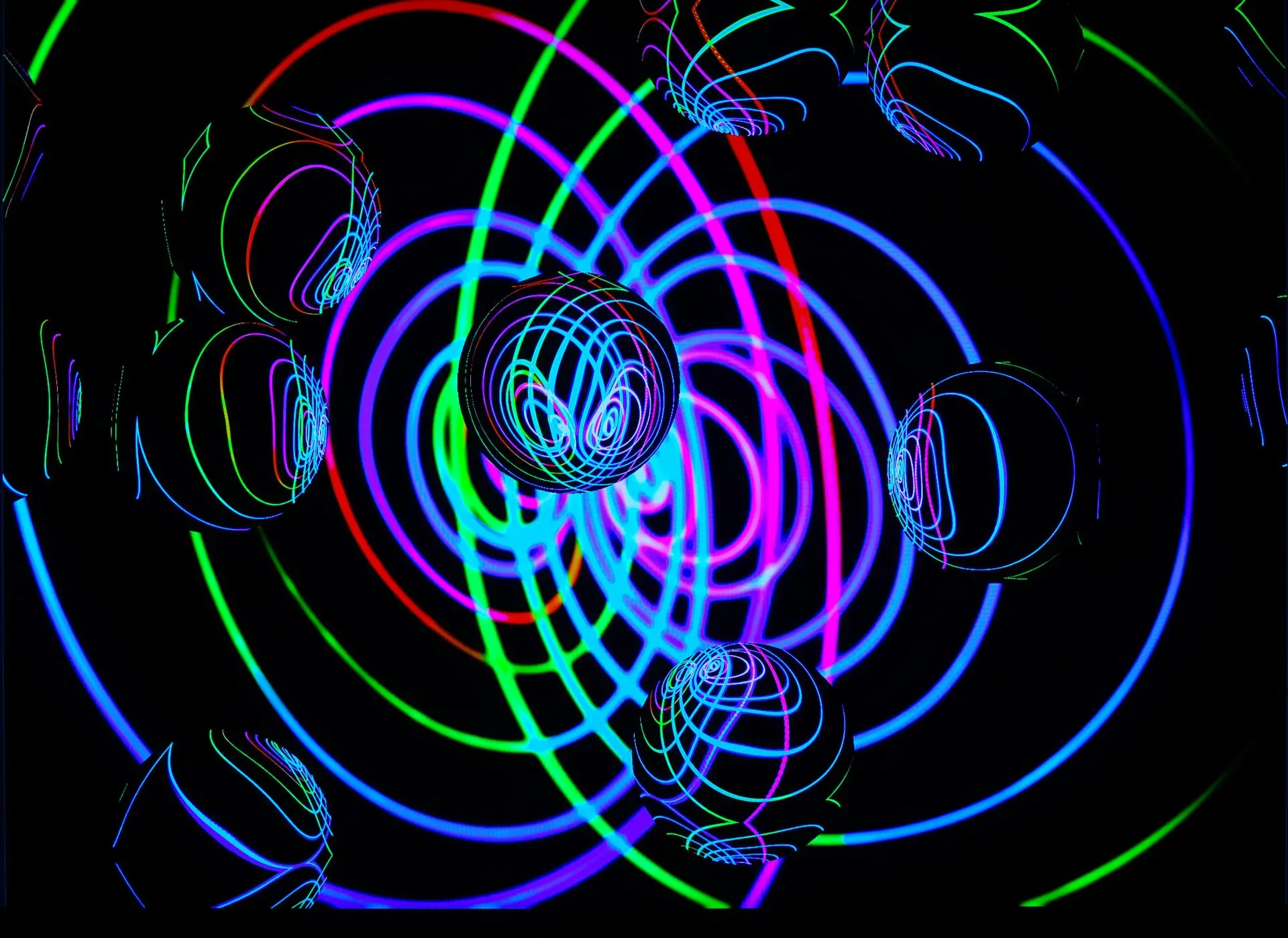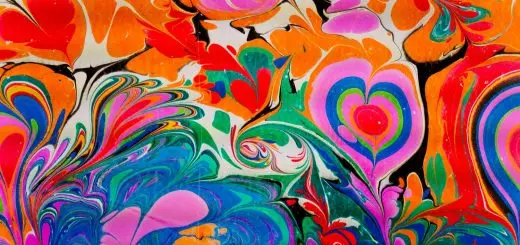Taoist Deities: Divine Beings in Taoism

Looking for more amazing products? Check out our online store and explore our collection here! Happy shopping!
Before diving in, please note: This post is for informational purposes only. If you’d like to know more about how we approach topics, feel free to check out our friendly Disclaimer Page.
Hey there, amazing readers! 
We’re committed to delivering quality posts, and your support (even just sticking around despite the ads) means everything to us. So, bear with us, and thanks for helping us keep the good vibes rolling. Now, on to the fun stuff!
TRANSLATE BUTTON AT THE END OF THE ARTICLE
A Quick Overview
Taoism, an ancient Chinese philosophical and religious tradition, encompasses a rich pantheon of deities that play significant roles in the belief system.
These divine beings are revered and worshipped by Taoists, who seek their guidance, protection, and blessings.
From the Three Pure Ones to the Jade Emperor, Guan Yin, Xuan Wu, the Eight Immortals, the Kitchen God, and the City God, each deity holds a unique place in Taoist cosmology.
Understanding the roles and significance of these deities provides insight into the complex tapestry of Taoist beliefs and practices.
Introduction to Taoist Deities
In Taoism, deities are revered as celestial beings with immense power and wisdom.
They are believed to govern aspects of the universe and human life, intervening in the affairs of mortals and guiding them on their spiritual journey.
Taoist deities are often depicted in human form but possess supernatural attributes and abilities.
They are worshipped through rituals, offerings, and prayers, with the belief that they can influence the forces of nature and bring blessings to their devotees.
The Role of Deities in Taoism
Taoist deities serve as intermediaries between the cosmic forces of Yin and Yang, the balance of which is essential for harmony and prosperity.
Devotees seek the assistance of deities in various aspects of life, such as health, wealth, relationships, and spiritual growth.
Each deity is associated with specific qualities and virtues, drawing worshippers who resonate with their characteristics.
The worship of deities in Taoism is not just about seeking favors but also about cultivating virtues and aligning with the natural order of the universe.
Popular Taoist Deities
Taoism boasts a diverse pantheon of deities, each with a unique role and significance.
Some of the most popular deities in Taoism include the Three Pure Ones, the Jade Emperor, Guan Yin, Xuan Wu, the Eight Immortals, the Kitchen God, and the City God.
These deities are revered across different sects of Taoism and play a crucial role in the spiritual practices of followers.
The Three Pure Ones
The Three Pure Ones, also known as the Three Pure Pellucid Ones, are considered the highest deities in Taoism.
They represent the three fundamental aspects of the Tao – Heaven, Earth, and Humanity.
Each Pure One embodies a specific virtue and oversees different realms of existence.
Devotees seek the blessings and guidance of the Three Pure Ones for spiritual enlightenment and protection.
The Jade Emperor
The Jade Emperor is one of the most revered deities in Taoism, presiding over heaven and earth as the supreme ruler.
He is believed to govern the celestial bureaucracy and judge the deeds of mortals.
Devotees offer prayers and offerings to the Jade Emperor to seek his benevolence, protection, and prosperity.
His influence extends to various aspects of life, making him a central figure in Taoist cosmology.
Guan Yin, Goddess of Mercy
Guan Yin, also known as Kuan Yin or Avalokiteshvara, is a compassionate deity revered for her mercy and compassion.
She is often depicted as a bodhisattva who hears the cries of the suffering and offers solace and assistance.
Guan Yin is worshipped by millions of devotees across Asia for her healing powers, protection, and guidance.
Her presence brings comfort and relief to those in need, making her a beloved figure in Taoist and Buddhist traditions.
Xuan Wu, God of the North
Xuan Wu, also known as Zhenwu or Xuan Tian Shang Di, is a powerful deity associated with martial prowess and protection.
He is revered as the God of the North and is often depicted as a warrior riding a black tortoise.
Devotees seek the blessings of Xuan Wu for strength, courage, and defense against malevolent forces.
His presence is believed to ward off evil spirits and bring prosperity to his followers.
The Eight Immortals
The Eight Immortals are a group of legendary figures in Taoist mythology who possess supernatural powers and immortality.
Each Immortal represents a specific virtue or attribute and plays a unique role in Taoist cosmology.
Devotees invoke the Eight Immortals for blessings, longevity, and protection.
Their stories and teachings serve as moral lessons for followers, guiding them on the path to enlightenment and spiritual growth.
The Kitchen God
The Kitchen God, also known as Zao Jun or Zao Shen, is a deity revered in Chinese folklore and Taoist traditions.
He is believed to oversee the household and report on the behavior of the family to the Jade Emperor.
Devotees offer prayers and offerings to the Kitchen God to ensure harmony, prosperity, and good fortune in the home.
His presence is thought to bring blessings and protection to the residents, making him an important deity in Chinese culture.
The City God
The City God, also known as Cheng Huang or Ye Huang, is a deity honored in Taoist and Chinese folk religion as the protector of a city or town.
Each City God is believed to safeguard the residents and oversee the affairs of the locality.
Devotees offer prayers and offerings to the City God to seek protection, prosperity, and justice.
His influence extends to the governance of the community, ensuring harmony and well-being among the inhabitants.
Worship and Offerings to Deities
In Taoism, worship of deities involves rituals, prayers, and offerings to honor and appease the divine beings.
Devotees visit temples, shrines, and altars dedicated to specific deities to offer incense, fruits, flowers, and other symbolic items.
These offerings are made as a sign of respect and gratitude to the deities, seeking their blessings and favor.
Through worship and devotion, followers establish a spiritual connection with the deities and cultivate virtues aligned with the Tao.
Influence of Taoist Deities in Chinese Culture
Taoist deities have had a profound impact on Chinese culture and society, shaping beliefs, traditions, and values for centuries.
The worship of deities is deeply ingrained in the fabric of Chinese society, influencing practices related to spirituality, ethics, and community life.
Taoist deities are revered not only for their divine powers but also for their moral teachings and guidance.
Their influence can be seen in various aspects of Chinese culture, from art and literature to festivals and rituals, highlighting the enduring legacy of Taoism in shaping the cultural landscape of China.
Conclusion
Taoist deities play a central role in the belief system and practices of Taoism, offering guidance, protection, and blessings to their devotees.
From the Three Pure Ones to the Jade Emperor, Guan Yin, Xuan Wu, the Eight Immortals, the Kitchen God, and the City God, each deity holds a unique place in Taoist cosmology.
The worship of deities in Taoism is not just about seeking favors but also about cultivating virtues and aligning with the natural order of the universe.
Through rituals, prayers, and offerings, followers establish a spiritual connection with the divine beings, seeking harmony, prosperity, and enlightenment.
The influence of Taoist deities extends beyond religious beliefs, shaping Chinese culture and society in profound ways.

The Enlightenment Journey is a remarkable collection of writings authored by a distinguished group of experts in the fields of spirituality, new age, and esoteric knowledge.
This anthology features a diverse assembly of well-experienced authors who bring their profound insights and credible perspectives to the forefront.
Each contributor possesses a wealth of knowledge and wisdom, making them authorities in their respective domains.
Together, they offer readers a transformative journey into the realms of spiritual growth, self-discovery, and esoteric enlightenment.
The Enlightenment Journey is a testament to the collective expertise of these luminaries, providing readers with a rich tapestry of ideas and information to illuminate their spiritual path.
Our Diverse Expertise
While our primary focus is on spirituality and esotericism, we are equally passionate about exploring a wide range of other topics and niches 

To ensure we provide the most accurate and valuable insights, we collaborate with trusted experts in their respective domains 
Our blog originally focused on spirituality and metaphysics, but we’ve since expanded to cover a wide range of niches. Don’t worry—we continue to publish a lot of articles on spirituality! Frequently visit our blog to explore our diverse content and stay tuned for more insightful reads.
Hey there, amazing reader! 
Check out our store here and take a peek at some of our featured products below! Thanks for being awesome!











